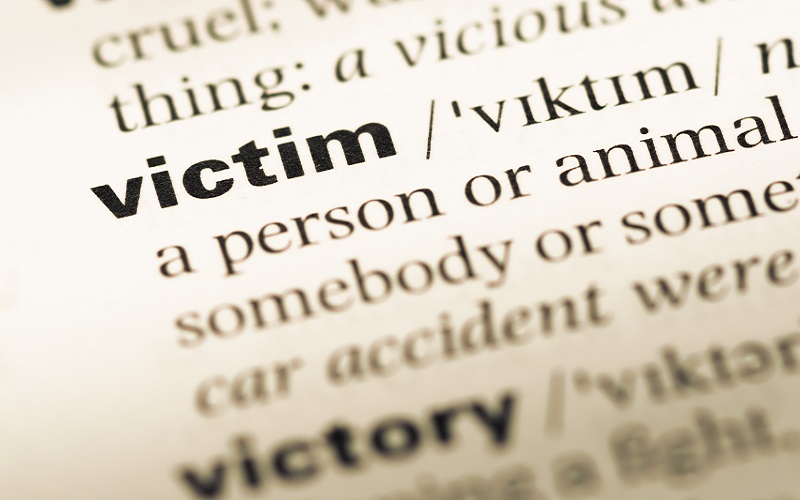
In the last few days it was reported that a claim against Glasgow City Council (“GCC”) had failed. Danielle Weddle raised a claim for the psychiatric harm she suffered after witnessing the Glasgow Bin Lorry accident in December 2014 which caused the deaths of six people.
Ms Weddle, a student at the time of the accident, was in the immediate vicinity when the accident occurred. It is reported that she was “looking at her phone…heard a loud bang, looked up and saw two vehicles”. It is estimated that the bin lorry was within 32m (105ft) of Ms Weddle and the taxi which was struck by the bin lorry moved to within 12m (39ft) of her. Neither vehicle was coming directly towards her and there was no point at which she could have been struck by them.
In refusing her action against GCC, Sheriff McGowan held that the Council could not have reasonably foreseen that the driving of the bin lorry by their employee would have caused the risk of physical injury to the Pursuer and that Ms Weddle had not suffered fear of physical injury at the relevant time.
It was not disputed that the Pursuer was suffering from PTSD, but Sheriff McGowan commented that he was "not satisfied that she was in fear of physical injury at the relevant time….If she did suffer fear at some stage that was attributable to the horror of the aftermath of the incident and not to the terror of the accident involving the bin lorry and the silver taxi". Had he found in the Pursuer's favour, he would have awarded damages totalling £214,572.40 for the psychiatric injury, loss of earnings and university fees. It was noted that the Pursuer was not a “primary victim” and therefore she could not obtain damages.
The concept of primary and secondary victims is well established in Scots Law. A primary victim is, generally speaking, someone who has been directly involved in an accident and a secondary victim is someone who witnessed the death or injury of others but was not at risk of physical injury. Criteria for cases involving secondary victims is set down in the case of Alcock v Chief Constable of South Yorkshire Police (“the Hillsborough case”) and requires:-
- that the psychiatric injury is caused by ‘shock’ from ‘the sudden appreciation by sight or by sound of a horrifying event, which violently agitates the mind’;
- that the person had a close tie of love and affection with the immediate victim; and
- that the person was sufficiently close in time and space to the ‘shocking’ event – that generally means that they witnessed it unfold or came upon its ‘immediate aftermath’.
Under the present law, a secondary victim may claim damages for a psychiatric injury if it arose out of an incident for which the defender was responsible and where the victim satisfies the three criteria set out above.
In my opinion this case was correctly decided. Whilst the aftermath of the bin lorry crash must have been a horrendous sight, Ms Weddle was not in real danger of physical injury and therefore could not be said to have been directly involved in the accident. Further, she would not meet the criteria set down in Alcock, such as a loved one being involved in the accident. Had Ms Weddle’s claim been successful there is a concern that it could open the floodgates for more claims in other cases of this type. The Scottish Law Commission’s Discussion paper (No 120) on Damages for Psychiatric Injury commented that “Bystanders should have no claim where an accident involves strangers. Allowing unrelated bystanders to claim would extend liability too far where, for example, a fatal crash occurred in a town centre.” Indeed that is the position here, if Ms Weddle’s claim had been successful that would potentially have opened the door to claims from anyone who was in the vicinity of the bin lorry crash, some of whom may have arrived on the scene after the lorry had come to a standstill.
If you have suffered an injury resulting in psychiatric damage, please contact Stephanie Watson on 0131 297 5988 or swatson@thorntons-law.co.uk. Alternatively, contact the Personal Injury Team on 0800 731 8434 who will be pleased to assist further.
